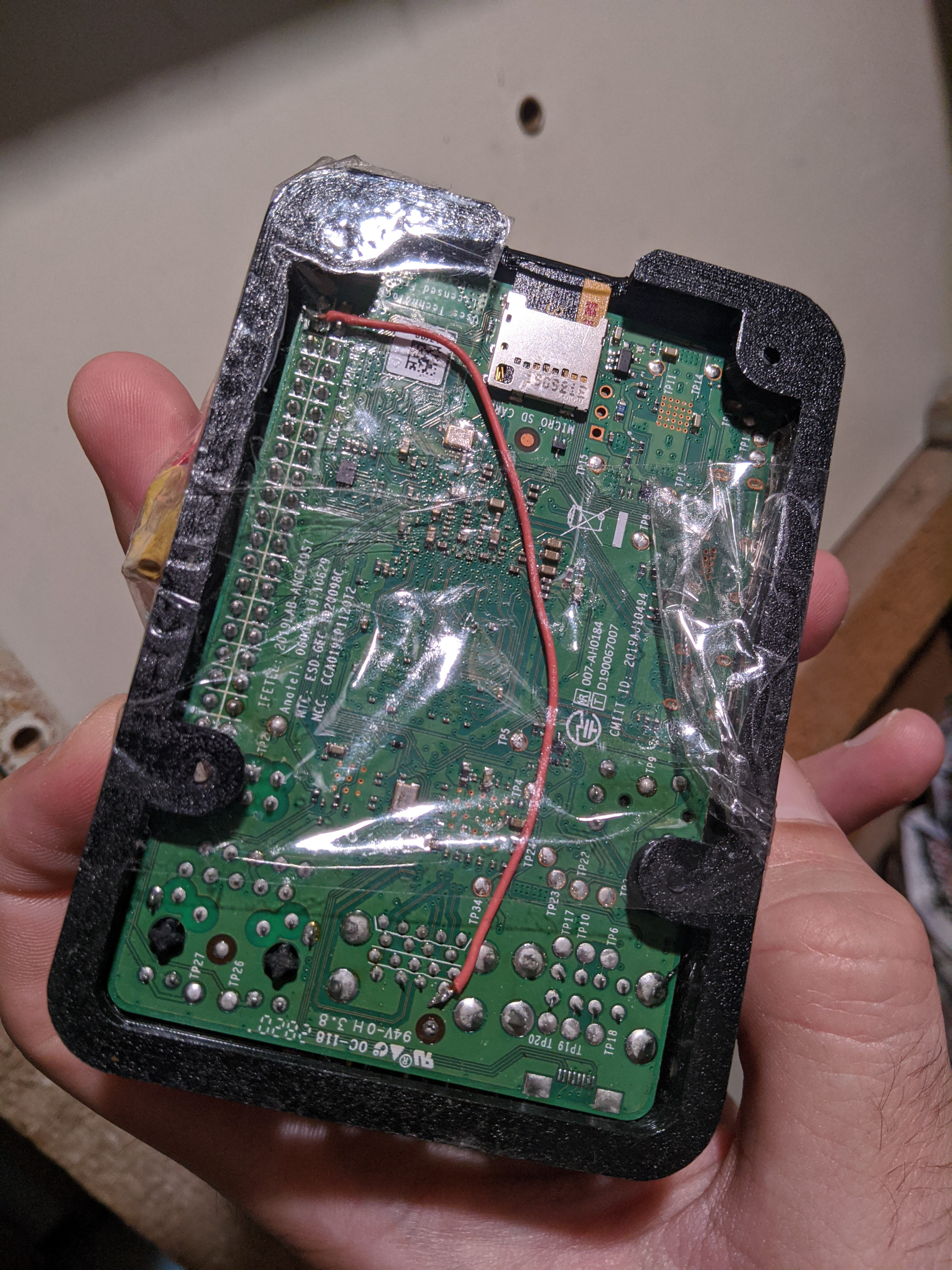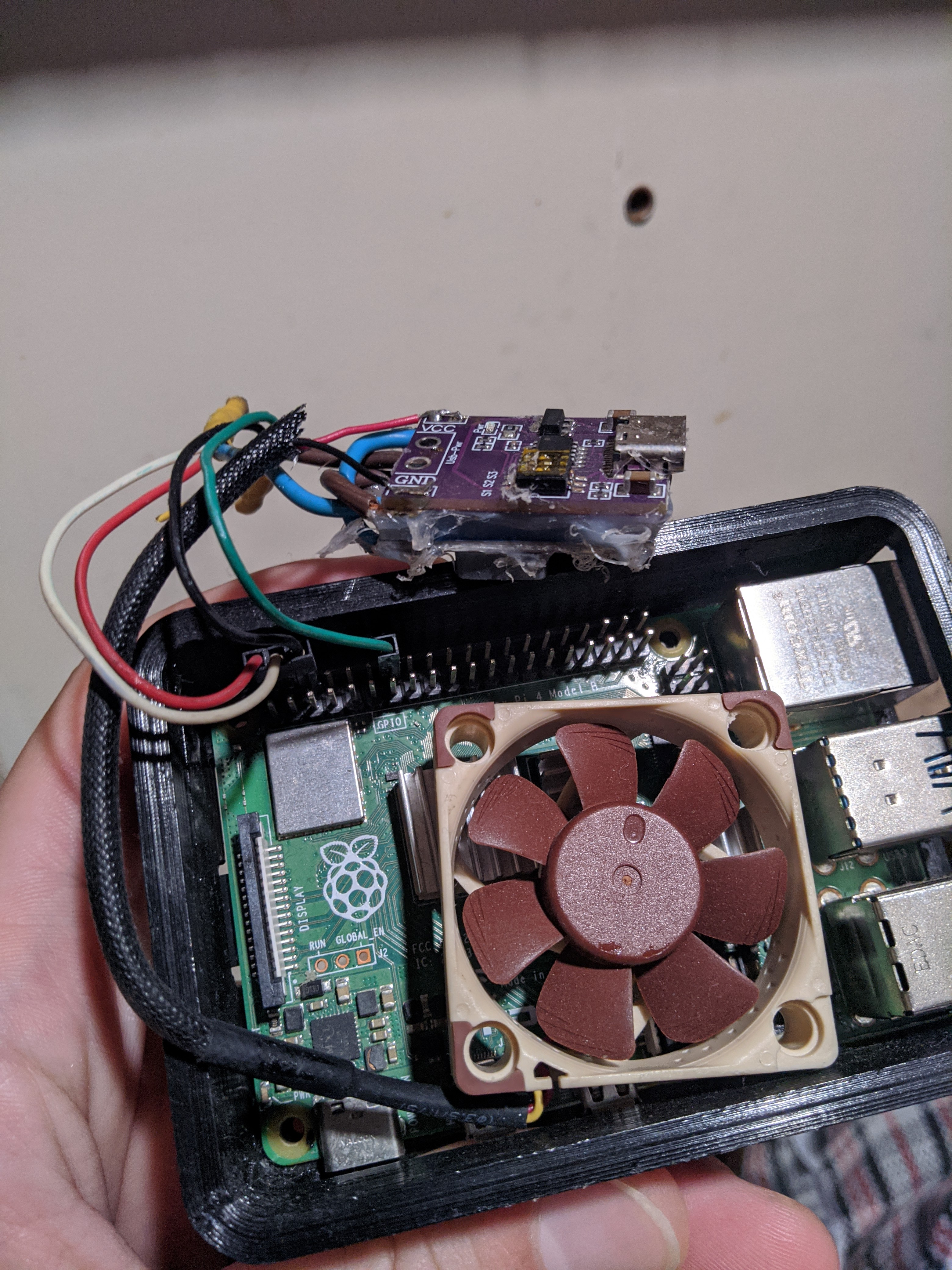I’m new to this stuff so go easy on me.
So I want to get into selfhosting, and I’ve decided to get a Raspberry Pi 5. I plan to attach drives to it, from about 500GB-1TB. I’m on a budget, preferably under $100.
I want to host these things:
- A personal lemmy instance
- A samba server, to store files and backups
- A mail server
- A few other light docker containers
I was wondering whether I should get an SSD or an HDD for these. Lemmy would probably like an SSD because it uses Postgres, but an HDD would be better for storage since I get more GB per dollar.
What should I go with?
While I run my own Lemmy instance, I can say with 100% certainty - do not host a Lemmy instance on your own hardware.
It’s tempting, and I did, but don’t. The reason? CSAM. Your hosting stuff for other people, and if someone uploads something horrible to another instance, that is federated with you. That means now you are hosting that content.
The feds then have full rights to kick down your door and seize your hardware. On the cloud however, they’ll seize your VM , but your home stuff is okay.
Hosting Lemmy is great - but it’s something you really have to think about. Hosting your content is awesome, fun, and rewarding. I’ve learned hosting other people’s content is… Not as fun.
If you’re only looking for 1TB, go with an SSD. It’s about the same price. It’s only when you’re looking for >1TB that HDD starts to get substantially cheaper.
Acronyms, initialisms, abbreviations, contractions, and other phrases which expand to something larger, that I’ve seen in this thread:
Fewer Letters More Letters CSAM Child Sexual Abuse Material RPi Raspberry Pi brand of SBC SATA Serial AT Attachment interface for mass storage SBC Single-Board Computer SMTP Simple Mail Transfer Protocol SSD Solid State Drive mass storage
5 acronyms in this thread; the most compressed thread commented on today has 11 acronyms.
[Thread #863 for this sub, first seen 11th Jul 2024, 02:05] [FAQ] [Full list] [Contact] [Source code]
friends dont let friends run mail servers. id recommend no on that one
Every time I think about hosting my own mail server, I think back to the many, many, many times I’ve had to troubleshoot corporate email systems over the years. From small ones that ran on duct tape and prayers to big ones that were robust, high dollar systems.
98% of the time, the reason the messages aren’t coming or going is something either really obscure or really stupid. Email itself isn’t that complicated and it’s a legacy communications medium at this point. But it’s had so much stuff piled on top of it for spam and fraud prevention, out of necessity, and that’s where the major headaches come from. Honestly, it’s one service that to me it’s worth paying someone else to deal with.
Raspberry pi is power limited. HDD creates a power spike on boot as well so you may have power issues. When i used a rpi for a media server, i had to use a 25W supply. Even 20W wasnt enough and i had voltage throttling issues. 1TB HDD probably wont draw that much power but SSD is never an issue. If you dont need space and are on a budget SSD is the way to go. This is all assuming USB is used for power.
If you need large amounts of space and have a budget, use an HDD but it needs to be self powered or used with a larger device like a mini pc which has adequate internal power.
My RPi4 refused to start with a 2x2.5" hard drive, so I did some workarounds. I connected the USB 3.0 +5V pin to the GPIO and powered the RPi using a PD trigger with MINI 560 (5A DC-DC converter). In my case, a random 18W QC brick was enough.


Neat hack!
couple of old 2.5 HDD + usb to SATA converter. But Pi5 is hardly suitable to host anything. May just get old PC (which gives you HDD too). There are plenty for < $100 or even free. But you are going to pay more for power.





